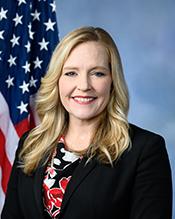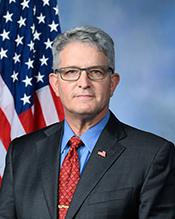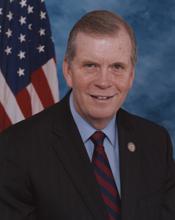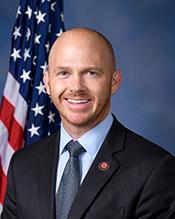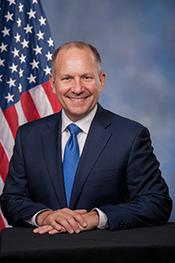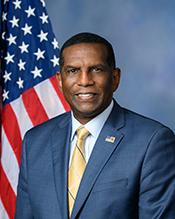0
FAFSA Deadline Act
1/4/2025, 11:12 AM
Summary of Bill HR 8932
The FAFSA is a crucial form that students must fill out in order to be considered for federal financial aid for college. By extending the deadline, this bill seeks to provide students and their families with more time to gather the necessary information and complete the form accurately.
Proponents of the FAFSA Deadline Act argue that the current June 30th deadline is too early and can be a barrier for students who may need more time to navigate the financial aid process. By pushing the deadline back to September 15th, more students may be able to access the financial assistance they need to pursue higher education. Opponents of the bill may argue that extending the deadline could delay the processing of financial aid applications and potentially impact the distribution of funds to students in a timely manner. However, supporters believe that the benefits of giving students more time to complete the FAFSA outweigh any potential drawbacks. Overall, the FAFSA Deadline Act aims to make the financial aid application process more accessible and equitable for all students, regardless of their circumstances. It is currently under review in Congress, and its fate will be determined by lawmakers in the coming months.
Congressional Summary of HR 8932
FAFSA Deadline Act
This bill requires the Department of Education (ED) to make the Free Application for Federal Student Aid (FAFSA) available by October 1 of each year. (Students apply for federal student aid by completing the FAFSA.)
Under current law, ED must enable applicants to submit the FAFSA and initiate the processing of submitted FAFSAs by January 1 of the applicant's planned year of enrollment, and to the maximum extent practicable, on or around October 1 prior to the applicant's planned year of enrollment. This bill removes the January 1 flexibility and imposes a statutory deadline for release of the FAFSA as October 1.
Read the Full Bill
Current Status of Bill HR 8932
Bipartisan Support of Bill HR 8932
Total Number of Sponsors
18Democrat Sponsors
0Republican Sponsors
18Unaffiliated Sponsors
0Total Number of Cosponsors
20Democrat Cosponsors
0Republican Cosponsors
20Unaffiliated Cosponsors
0Policy Area and Potential Impact of Bill HR 8932
Primary Policy Focus
EducationAlternate Title(s) of Bill HR 8932
Comments

Maverick Rao
1 year ago
So, what's the deal with this new FAFSA deadline act? Will it actually make a difference for students like me? #confused #politics

Gloria Morris
1 year ago
I heard about this new bill on FAFSA deadlines and I'm not sure how it will impact me. Can someone explain who benefits from it?

Teagan Carroll
1 year ago
This bill is gonna mess up my financial aid application. It's gonna make things harder for me in the short term.

Dennis Berry
1 year ago
I think this bill is a good idea. It could help a lot of people. Did you know that it also includes provisions for simplifying the FAFSA application process?

Emery Weiner
1 year ago
This bill gonna mess up everything for me, can't believe they passed it.

Wyatt McCall
1 year ago
I think this new bill is great! It helps students like me by extending the FAFSA deadline. This means I have more time to apply for financial aid for college. I'm so glad they passed this bill, it really helps us out a lot.

Miranda Mann
1 year ago
This bill is so dumb, like why do they even bother with it? It's just gonna make things worse for all of us. I don't see how anyone could benefit from this mess. It's just a waste of time and money. #ridiculous #pointless #wasteofresources Who benefits from this bill? No one, that's who.
